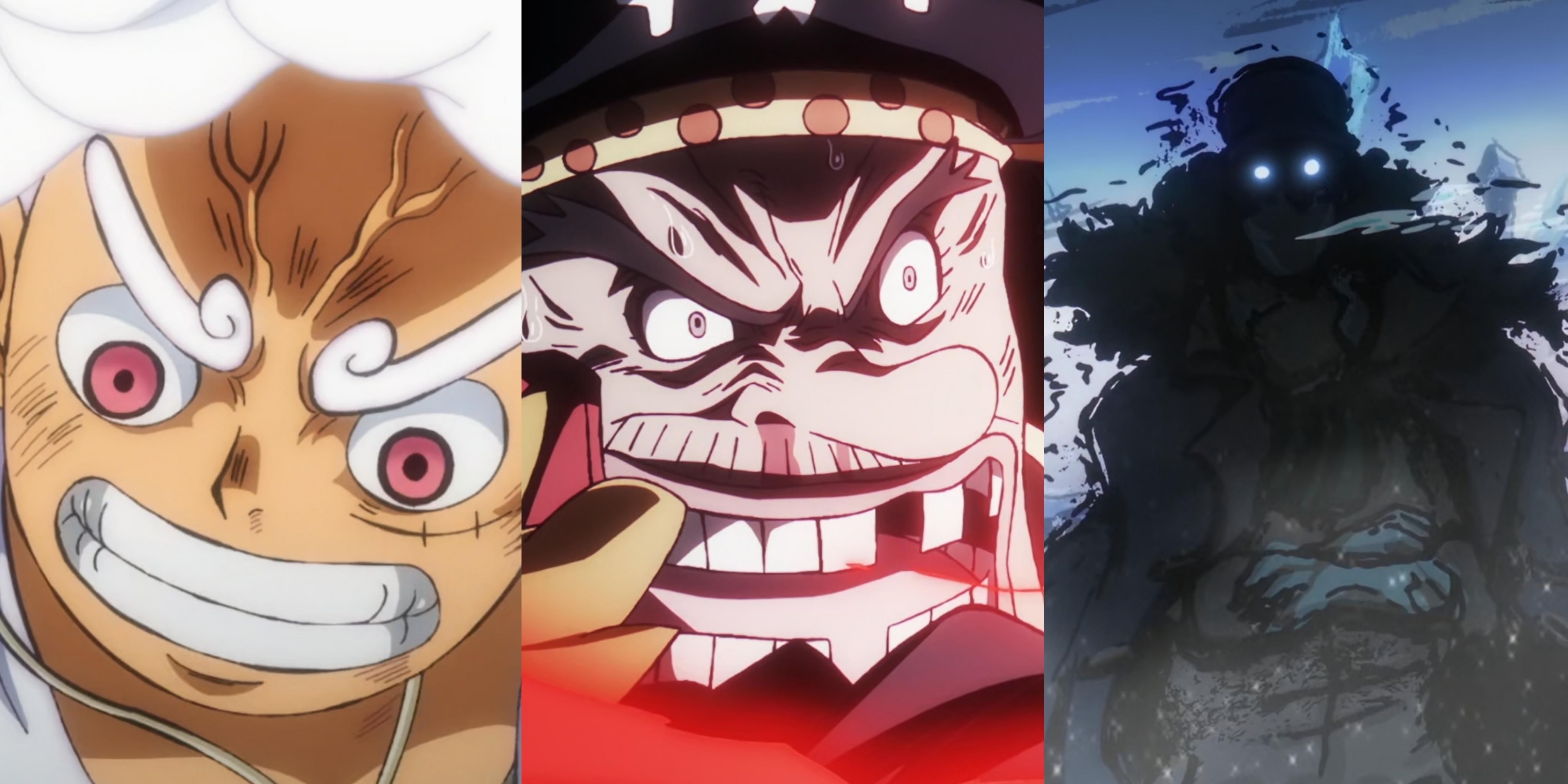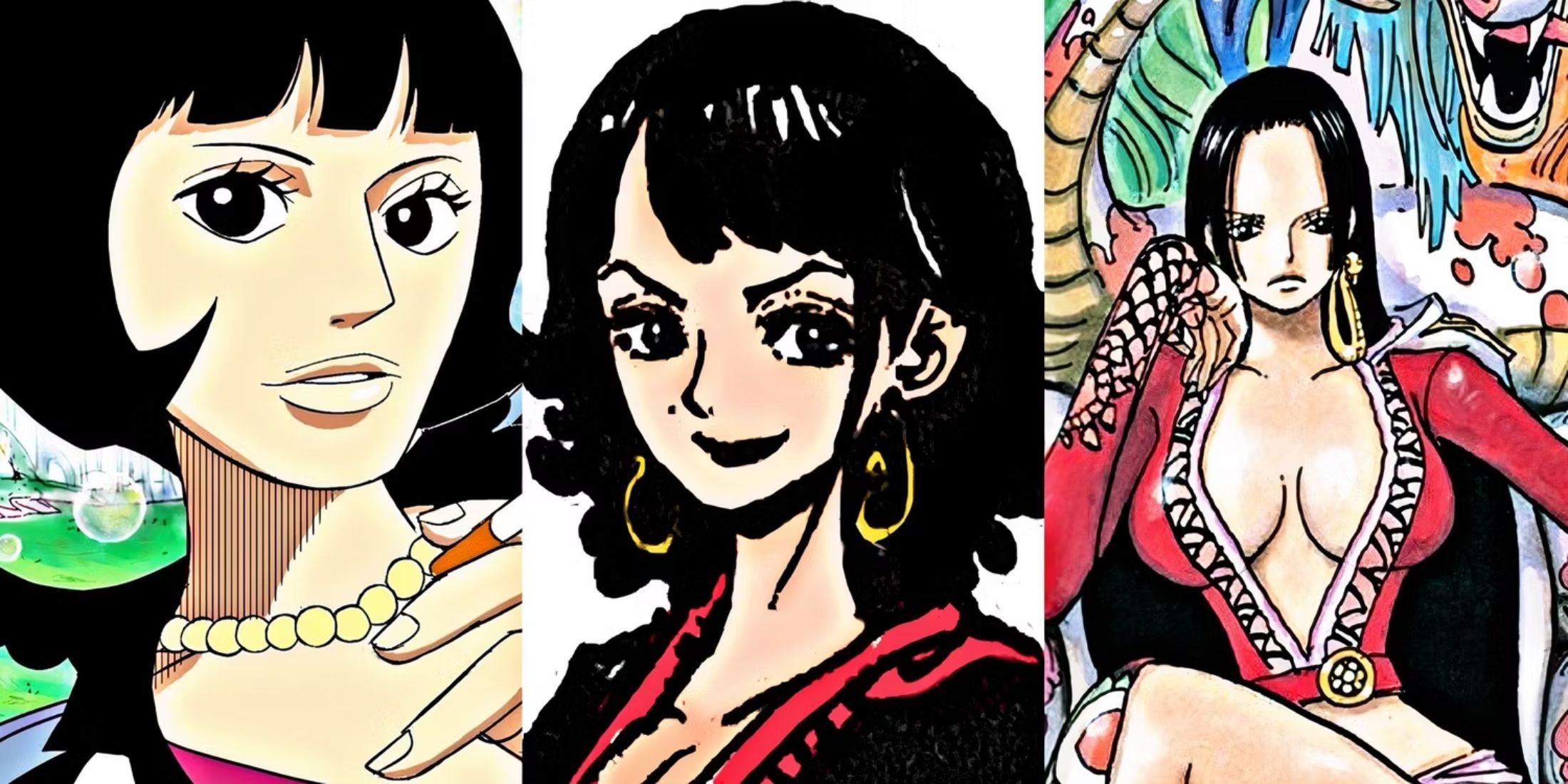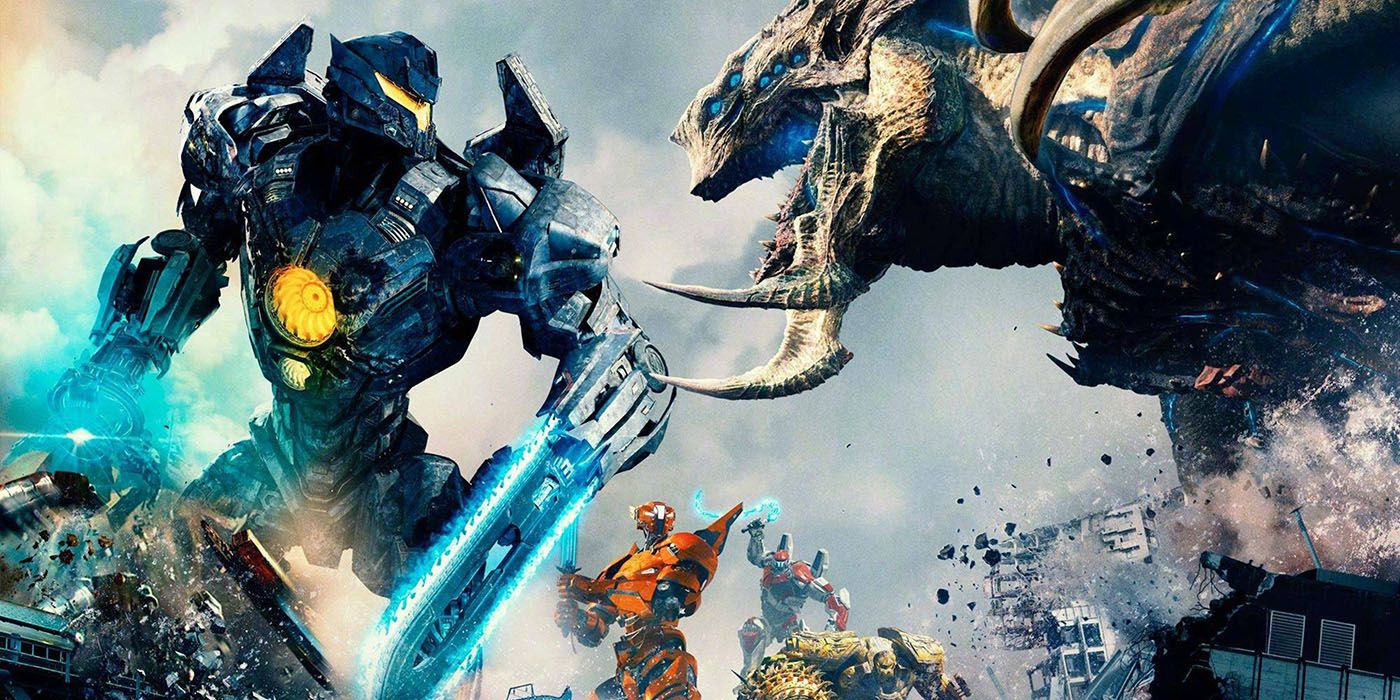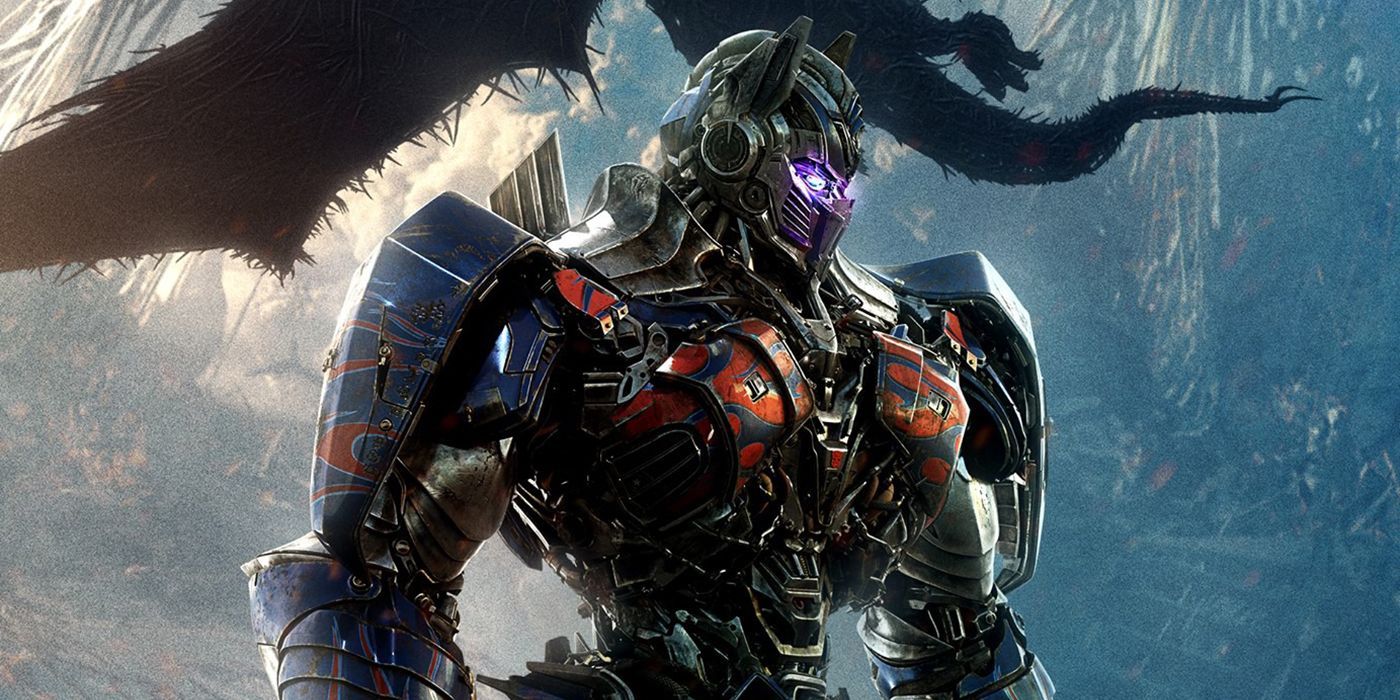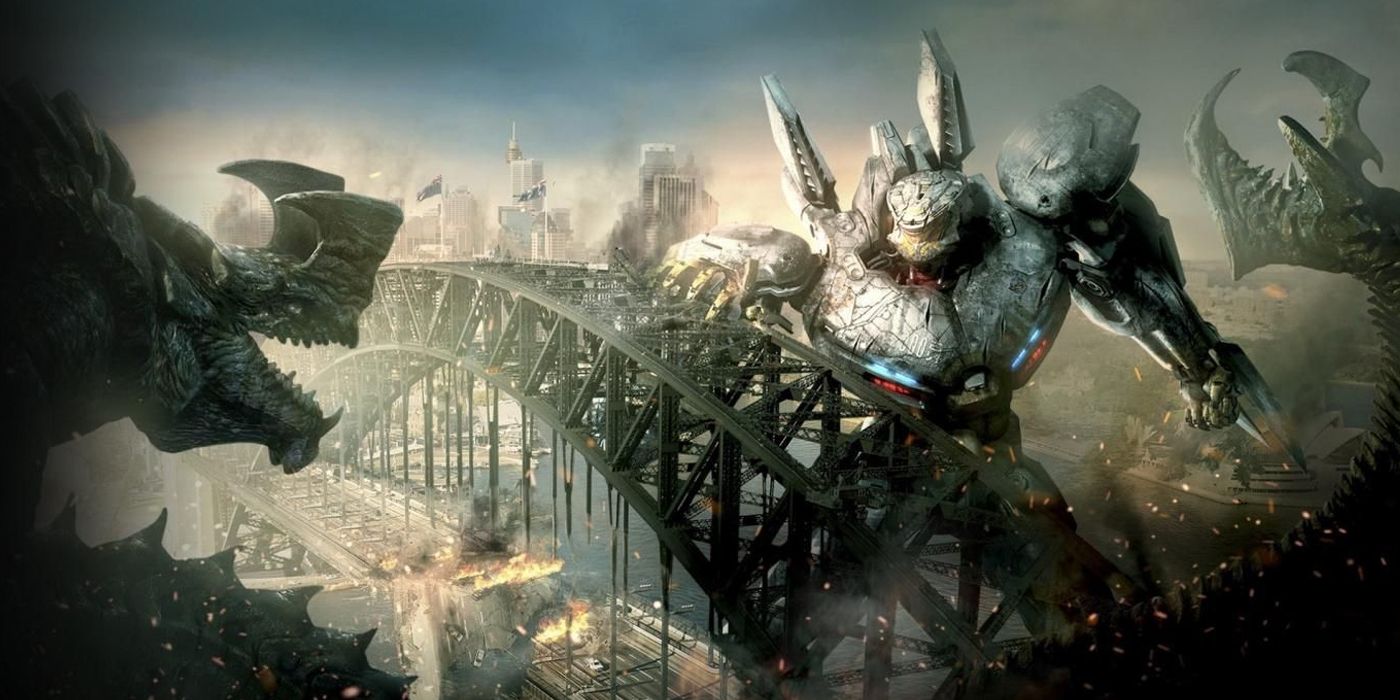Things being much larger than they normally would be is the basis of entire genres of entertainment, but their size communicates different things depending on context. The venerable giant robot, or mecha, genre has a huge presence in anime, video games, comics, and cartoons, but a much smaller footprint in the world of cinema.
Anime is the go-to medium for stories surrounding titanic automatons or massive man-shaped armored vehicles. From human-piloted giant machines like the long-running Gundam franchise to sapient but still huge constructs like the underrated Gargantia on the Verdurous Planet, anime seems to hold a near-monopoly on the genre.
The Transformers franchise, Power Rangers, the two Pacific Rim movies, Robot Jox and that's about it for the past thirty years of giant robots on film. Some attempts were made and never fully reached fruition, such as the unfinished Weta Workshop take on Neon Genesis Evangelion, but even a name as big as Eva can't always carry a film to the screen. The overwhelming majority of these entries are adaptations, only a couple of fully original mecha film have ever made it to the big screen. Weirdly, the giant monster genre is much better represented in the theaters than its mechanical counterpart, with the hugely successful Monsterverse wrapping last year. Among the tiny subgenre, there have been a wide variety of successes and failures. Even with the small sample size, the filmmakers have managed to make several interesting stories, but what keeps the movie industry away from this idea?
The first and most obvious stumbling block is the price tag, big robots mean big CGI and a hugely inflated effects budget. Hollywood is notoriously risk-averse, so a big budget spent on anything other than a sure thing is a huge stumbling block right out of the gate. Adaptation is an easy way to address that issue, a big name attached to the project often abates the inherent fear and provides some comfort for the producers. Alternatively, a big name, like del Toro in the director's seat of Pacific Rim, can fulfill the same function. Not a ton of films have either of those easy passes into production, so securing producers for the price tag can be the most blatant stop to the giant robot genre. But budget is far from the only stumbling block that a mecha movie will face before it can even reach production.
The entire subgenre of giant robot action films has been largely dominated by one extremely popular, yet roundly criticized franchise, Michael Bay's Transformers. Based on the beloved toy and cartoon empire of the eighties, this franchise had no trouble making it to the big screen, but presented a huge problem once it was there. The Transformers movies are largely awful, but did manage to make so much money that they set the expectation amongst blockbuster audiences. The franchise does little with its central conceit, its robots are framed like people who use guns and melee weapons in dull, washed-out action scenes just like any CGI-addled human could. Even their central conceit, transforming into vehicles, could be accomplished just as well by any person with access to a similar vehicle. The filmmakers never sell the scale of the robots, nor any unique capabilities, or even the alien nature of their design. The Transformers movies are far more concerned with the "in disguise" than the "robots." This genre has suffered massively from the fact that its most widely known example is also the one least concerned with anything worthwhile about its trappings.
So the genre is cost-prohibitive and the standard-bearer is bad, both as an example and in general, but is this genre worth pursuing at all? Pacific Rim is, without argument, the apex of the cinematic mecha experience. Brilliant visual design which is inspired by previous works while remaining wholly original, brought to new heights by its focus on scale. Perhaps no film before or since has so effectively made an audience reckon with both monster and machine on the Lovecraftian level of incomprehensible size. Guillermo del Toro was born to bring monsters to silver screens, and his machines are just as majestic, and often just as horrific. Pacific Rim may be the only blockbuster film gifted with the vision to make the mecha genre work in the medium and the budget to give it the presentation it deserves. Even its own sequel failed to carry on its legacy, losing most of what made the original special. This film alone demonstrates the greatness that could be brought to the cinema if more directors were willing to embrace this genre more often.
Anime seems to have done some truly magical things within the engaging bounds of stories about giant robots, but logistical and audience concerns have dragged cinema back from that possibility. Mecha deserves its chance at the big screen, and if its done right, audiences will never tire of a big screen full of city-sized robots.

